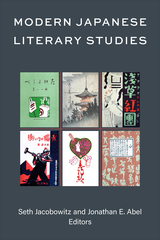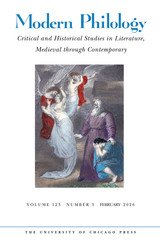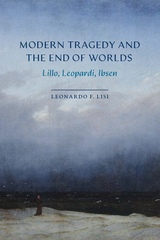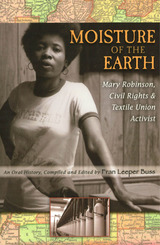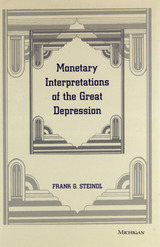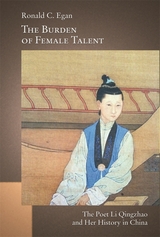


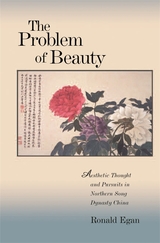
During the Northern Song dynasty (960-1126), new ground was broken in aesthetic thought, particularly in the fields of art collecting, poetry criticism, connoisseurship of flowers, and the song lyric. Collectively these activities constitute much of what was distinctive about Northern Song culture. Yet the subjects treated here were unprecedented when they appeared; consequently, bold exploration was coupled with anxiety about the worth of these interests, especially given the Confucian biases against these pursuits.
Despite differences in each area, certain overarching themes surface repeatedly. Together, these interests and choices suggest a logic behind the new directions of literati culture in the Northern Song. By focusing on the "problem of beauty," the author calls attention to the difficulties that Northern Song innovators faced in justifying these new pursuits.

Remembered today primarily as a poet, calligrapher, and critic, the protean Su Shi was an outspoken player in the contentious politics and intellectual debates of the Northern Song dynasty. In this comprehensive study, Ronald C. Egan analyzes Su’s literary and artistic work against the background of eleventh-century developments within Buddhist and Confucian thought and Su’s dogged disagreement with the New Policies of Wang Anshi.
Egan explicates Su’s views on governance, the classics, and Buddhism; and he describes Su’s social-welfare initiatives, arrest for disloyalty, and exiles. Finding a key to the richness of Su’s artistic activities in his vacillation on the significance of aesthetic pursuits, Egan explores Su’s shi and ci poetry and Su’s promotion of painting and calligraphy, looking specially at the problem of subjectivity. In a concluding chapter, he reconsiders Su’s role as a founder of the wenren (“literati”) and challenges the conventional understanding of both Su and the Northern Song wenren generally.
READERS
Browse our collection.
PUBLISHERS
See BiblioVault's publisher services.
STUDENT SERVICES
Files for college accessibility offices.
UChicago Accessibility Resources
home | accessibility | search | about | contact us
BiblioVault ® 2001 - 2026
The University of Chicago Press


